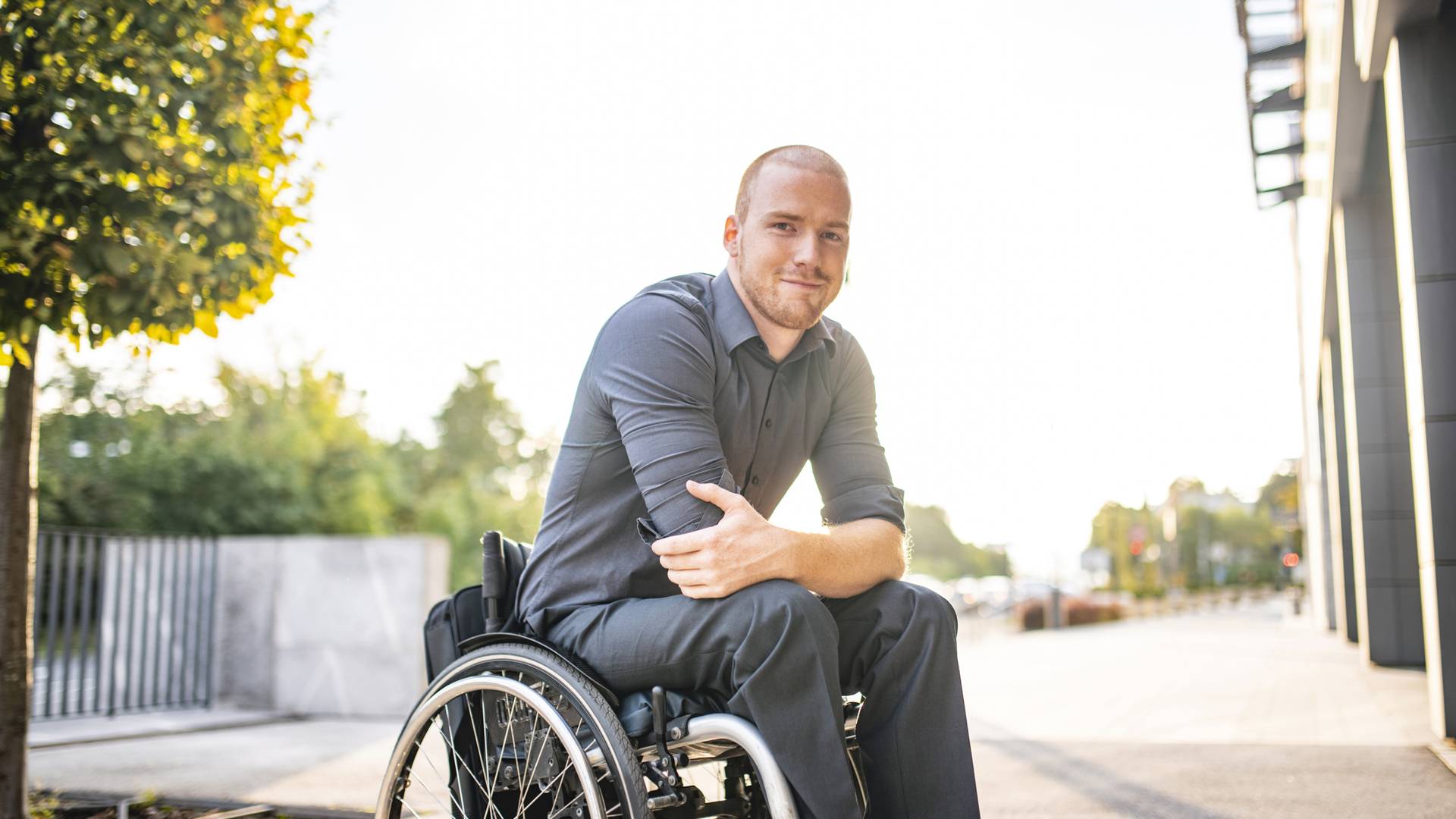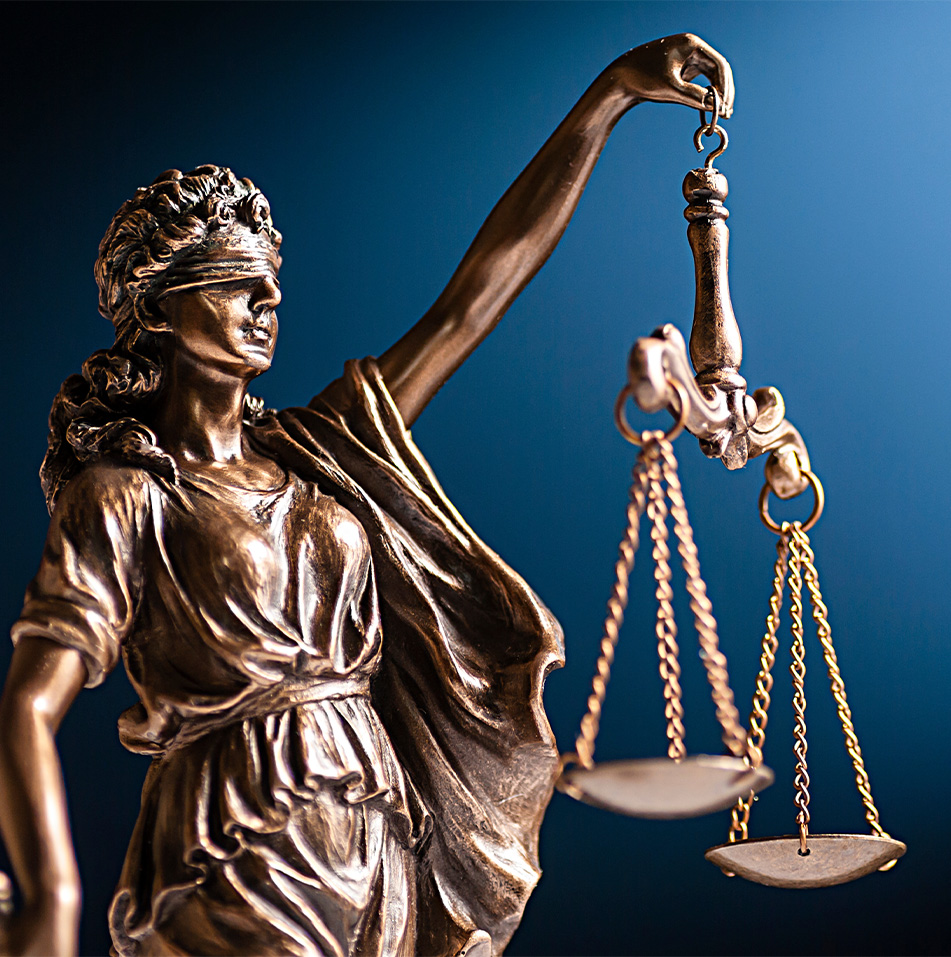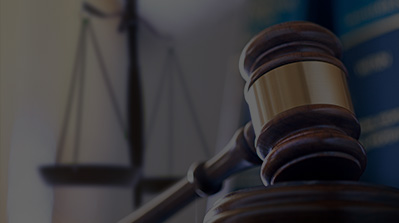Applicable Florida Statutes for Assault Offenses
The following is a list of Florida statutes that pertain to assault-related offenses, as set forth in Chapter 784:
- Florida statutes section 784.011 provides as follows:
(1) An "assault" is an intentional, unlawful threat by word or act to do violence to the person of another, coupled with an apparent ability to do so, and doing some act which creates a well-founded fear in such other person that such violence is imminent.
(2) Whoever commits an assault shall be guilty of a misdemeanor of the second degree, punishable as provided in 775.082 or 775.083.
- Florida statutes section 784.021 provides as follows:
(1) An "aggravated assault" is an assault: (a) with a deadly weapon without the intent to kill, or (b) with an intent to commit a felony.
(2) Whoever commits an aggravated assault shall be guilty of a felony of the third degree, punishable as provided in 775.082, 775.083 or 775.084.
Applicable Jury Instructions for Assault Charges
The following is a list of each element of assault and aggravated assault offenses, which the state must prove as a condition precedent to a finding of guilt:
- Florida Standard Jury Instruction 8.1 (Simple Assault) provides as follows:
To prove the crime of assault, the state must prove the following three elements beyond a reasonable doubt:
(1) The defendant intentionally and unlawfully threatened, either by word or act, to do violence to the victim.
(2) At the time, the defendant appeared to have the ability to carry out the threat.
(3) The act of the defendant created in the mind of the victim a well-founded fear that the violence was about to take place.
- Florida Standard Jury Instruction 8.2 (Aggravated Assault) provides as follows:
To prove the crime of aggravated assault, the state must prove the following four elements beyond a reasonable doubt. The first three elements define assault:
(1) The defendant intentionally and unlawfully threatened, either by word or act, to do violence to the victim.
(2) At the time, the defendant appeared to have the ability to carry out the threat.
(3) The act of the defendant created in the mind of the victim a well-founded fear that the violence was about to take place.
(4) The assault was made with a deadly weapon or with a fully formed conscious intent to commit (crime charged) upon the victim.
A weapon is a "deadly weapon" if it is used or threatened to be used in a way likely to produce death or great bodily harm.
It is not necessary for the state to prove that the defendant had an intent to kill.
Reclassification of Assault Offenses for Enhanced Penalties
Under Florida statutes section 784.07, if an assault is committed on a police officer, firefighter, or emergency medical care provider, the degree of offense is subject to being "reclassified". In the case of a simple assault, the offense is reclassified from a misdemeanor of the second degree to a misdemeanor of the first degree. This means that the potential maximum penalty is increased from up to sixty days in the county jail and/or six months of probation to a maximum of one year in the county jail or one year of probation (the total sentence cannot exceed one year). In the case of an aggravated assault, the offense is reclassified from a third-degree felony, which is punishable by up to five years in prison, to a second-degree felony, which is punishable by up to fifteen years in prison. Also, if the alleged victim is a law enforcement officer, the person is subject to a three-year minimum mandatory sentence. This means that upon conviction, the court has no choice but to sentence the accused person to three years in state prison, even where the sentencing guideline score authorizes a non-state prison sanction. Minimum mandatories and sentencing guidelines are two separate matters. An experienced St. Petersburg criminal defense attorney can provide more information on issues related to sentencing, including guidelines, enhancements, and minimum mandatories.
Reclassification also plays a vital role in ensuring justice is served to protect those who serve the community. The heightened penalties for assaults on law enforcement and emergency responders act as a deterrent against crimes targeting these individuals who often put their lives on the line to maintain public safety. These laws underscore the societal value placed upon the safety of first responders. Additionally, understanding the intricacies of these reclassifications can be crucial during legal proceedings, as they may significantly impact the strategy employed by defense attorneys. For instance, understanding potential reclassifications can lead to pre-emptive defense strategies that challenge the classification or seek to demonstrate mitigating circumstances that could influence the case's outcome.
When the assault offense is reclassified under this section, adjudication of guilt or imposition of sentence cannot be suspended, deferred, or withheld, and the accused person is not eligible for statutory gain time under s. 944.275 or any form of discretionary early release, other than pardon or executive clemency, or conditional medical release under s. 947.149, prior to serving the minimum sentence.
Under Florida statutes section 784.08, whenever a person is charged with committing an assault or an aggravated assault on a person age 65 years or older, regardless of whether the defendant knows or has reason to know the age of the victim, the offense for which the person is charged shall be reclassified as follows: in the case of an assault, from a misdemeanor of the second degree to a misdemeanor of the first degree and, in the case of an aggravated assault, from a felony of the third degree to a felony of the second degree. Additionally, a person who is convicted of an aggravated assault on a person 65 years of age or older shall be sentenced to a minimum term of imprisonment of three years. Finally, adjudication of guilt or imposition of sentence shall not be suspended, deferred or withheld.
Florida's Assault Laws: The Role of Self-Defense
In Florida, the law recognizes the right to defend oneself, which plays a significant role in assault cases. Self-defense is a legal defense used in court to argue that an individual's actions were justified due to an imminent threat of harm. Florida’s “Stand Your Ground” laws allow individuals to use force, including deadly force, if they believe it is necessary to prevent death or great bodily harm to themselves or others. Understanding these laws is crucial for anyone involved in an assault charge, as they can present vital defense opportunities. A detailed examination of the circumstances leading to the assault, such as the immediate need for self-preservation and the proportionality of the reaction, is essential for mounting a successful self-defense claim. Engaging an experienced criminal defense attorney can ensure these aspects are thoroughly investigated and persuasively presented in court.
Beyond self-defense, Florida also acknowledges the defense of others and defense of property as valid justifications for preventing harm. These defenses require a solid understanding of the force necessary in different situations. For instance, while defending property, the use of force must not be excessive and should correlate directly to the perceived threat. It's important for defendants in St. Petersburg to be aware of how local courts have interpreted these defenses in prior rulings. Comprehensive legal guidance from seasoned professionals can make a substantial difference in how these defenses are articulated and validated in court. Working closely with legal advisors to gather evidence and testimonies that support the necessity of defensive action can be a decisive factor in achieving a favorable outcome.
Technological Trends in Assault Defense in St. Petersburg
With rapid technological advancements, the landscape of legal defense strategies, including in assault cases, has experienced a significant shift. Modern technology plays an increasing role in building a robust defense, particularly through digital evidence such as smartphone recordings, CCTV footage, and social media posts. These digital records can provide compelling evidence regarding the events surrounding an assault incident. For instance, GPS data from mobile devices can verify an accused person’s location, while video or audio recordings might discredit false allegations by capturing the true sequence of events. Legal teams in St. Petersburg are becoming adept at harnessing these technologies to reveal the broader context of a situation, potentially leading to charge reductions or dismissals.
However, the use of technology in legal proceedings also brings new challenges, particularly concerning the authenticity and admissibility of digital evidence. Defense attorneys must navigate complex rules and ensure that any digital proof presented in court meets stringent legal standards. Partnering with digital forensics experts is often vital in verifying the integrity and relevance of digital evidence. These experts can provide critical analyses and testimony that bolster the defense's narrative, ensuring that the most accurate and comprehensive representation of facts is presented. It's crucial for defendants to understand that in today’s increasingly digital world, an effective defense may hinge as much on technological fluency as on legal acumen.
Common Misunderstandings About Assault Laws in St. Petersburg
Assault laws can often be misunderstood by the public, leading to misconceptions about what constitutes assault and how the laws are applied. One common misunderstanding is the belief that physical contact must occur for an offense to be classified as assault. In reality, assault in Florida involves an intentional threat, by word or act, to do violence to another person, with the apparent ability to do so, and creates a well-founded fear in the victim of impending violence. Misunderstandings like these highlight the importance of public education on legal definitions and their implications. Such misconceptions can also influence potential defendants' responses during incidents, possibly escalating situations that could otherwise have been avoided.
Another misconception is related to self-defense claims. While Florida’s “Stand Your Ground” law is robust, it does not provide blanket immunity for all acts performed under the guise of self-defense. The use of force must be proportionate to the threat faced. Many are also unaware that invoking self-defense during a confrontation needs careful documentation and evidence collection post-incident. This includes securing witness statements, photographic evidence, and medical records if applicable. Understanding these nuances is essential for residents of St. Petersburg to protect themselves legally. Engaging a well-informed attorney who can dismantle these misunderstandings and navigate the legal clutter is imperative when facing assault charges.
Reach out to our assault attorney in St. Petersburg online today.
Frequently Asked Questions About Assault in St. Petersburg
What Is Considered Aggravated Assault in Florida?
Aggravated assault in Florida is characterized by an assault combined with either the use of a deadly weapon without the intent to kill or an assault carried out with the intent to commit a felony. This elevates an ordinary assault, which is a second-degree misdemeanor, to a third-degree felony, punishable by more severe penalties, including imprisonment for up to five years. Understanding what constitutes a deadly weapon can vary, as the definition includes not only firearms but also other objects that can cause serious harm when used in a threatening manner. The legal nuances distinguish an aggravated assault from lesser charges, making it crucial for defendants to understand what evidence the state will rely on to prove the aggravating factors. Defending against aggravated assault charges requires a strategic approach, examining the events' context and the defendant’s intentions, ensuring the accused’s rights are rigorously defended.
How Do Prior Offenses Affect Assault Charges?
In Florida, a history of prior offenses can significantly affect the severity of charges and the penalties imposed for an assault. The state’s recidivist statutes, such as the Habitual Felony Offender and Prison Releasee Reoffender laws, impose harsher sentences on individuals with previous convictions. These laws ensure that someone who repeatedly engages in criminal activity faces progressively stricter consequences. Specifically, those with prior felony convictions can see their sentencing guidelines elevated significantly, with longer terms of imprisonment and fewer opportunities for parole or early release. Defenders should meticulously review prior records and the circumstances of previous offenses, as any errors or inaccuracies can impact sentencing. It’s crucial for defendants with a criminal history to engage knowledgeable legal representation to explore any possible mitigation and chart a course aimed at minimizing the impact of prior convictions on current charges.
What Are the Legal Penalties for Assault in St. Petersburg?
The legal penalties for assault in St. Petersburg, which falls under Florida state law, vary depending on the severity and specifics of the offense. A simple assault is typically classified as a second-degree misdemeanor, carrying penalties including up to 60 days in jail and fines reaching $500. However, aggravating circumstances, such as the involvement of a deadly weapon or the intent to commit a felony, can elevate the charge to aggravated assault, a third-degree felony. Convictions for aggravated assault can result in penalties of up to five years in prison, five years of probation, and fines up to $5,000. Sentencing can further be influenced by reclassification statutes if the victim is protected under specific provisions, such as those covering law enforcement or elderly individuals. Defendants should intimately understand the potential consequences they face and how strategic legal defense works to buffer against the harshest outcomes.
How Can a Lawyer Assist with My Assault Defense?
A lawyer can assist significantly with your assault defense through strategic planning, comprehensive investigation, and legal representation. Engaging a lawyer means having an experienced professional to navigate complex legal statutes and procedures and assess the strengths and weaknesses of the case against you. Your lawyer will work diligently to collect and analyze evidence, liaise with experts if necessary, and construct a defense strategy that could include justifications like self-defense or the discrediting of witness testimonies. Another key role of a lawyer is to negotiate with prosecutors for charge reductions or alternative sentencing. They can also guide you through the potential implications of accepting plea deals and what outcomes might be expected if you proceed to trial. In St. Petersburg, specialized local knowledge also enables attorneys to craft defenses that reflect the most favorable treatments historically observed in the area’s court systems.
Can I Defend Myself in an Assault Charge in St. Petersburg?
While it is legally permissible to represent oneself in an assault charge, hiring a qualified defense attorney is strongly advised. Navigating the intricacies of the legal system requires not only comprehensive knowledge of the law but also tactical experience in courtroom procedures and strategies. As a defendant, you are entitled to understand the charges and evidence against you fully and to challenge these vigorously to protect your rights. An assault charge could have long-lasting effects on one's life, including employment prospects, family relationships, and reputation. A knowledgeable attorney can offer critical insights into the legal landscape, helping to interpret laws and potential defenses available to your situation. They will ensure you are represented with precision, potentially reducing charges or even leading to dismissal under the right circumstances. In St. Petersburg, with its specific local ordinances and judicial tendencies, engaging with local legal counsel provides the best opportunity for a fair and just legal process.
Resources
The following is a list of outside sources, prior blog posts, and other website sections on topics related to assault and aggravated assault offenses:
Links
- HG. Org: St. Petersburg Assault & Aggravated Assault Defense Attorney
- HG. Org: St. Petersburg Domestic Violence Defense Attorney
- HG. Org: Florida Sentencing Enhancements Pt. 1: Prison Releasee Reoffenders
- HG. Org: Florida Sentencing Enhancements Pt. 2: Habitual Felony Offenders and Habitual Violent Felony Offenders
- HG. Org: Florida Sentencing Enhancements Pt. 3: Three-Time Violent Felony Offenders and Violent Career Criminals
- HG. Org: Florida Sentencing Enhancements Pt. 4: 10-20-Life
Blog Posts
- Do I Need a St. Petersburg Criminal Defense Attorney?
- They Never Read Me My Rights - Can My Charge Be Dismissed?
- Pre-Trial Release in Florida: The Basics
- Speedy Trial in Florida: An Overview
- The Aggravated Assault Exceptions to Florida's 10-20-Life Statute
- What is a Stand Your Ground Immunity Motion?
- Florida Sentencing Guideline Departures: Youthful Offenders
- Florida Sentencing Guideline Departures: Unsophisticated/Isolated/Remorse
- Florida Sentencing Guideline Departures: Need for Restitution
- Florida Sentencing Guideline Departures: Legitimate, Uncoerced Plea Bargain
- Florida Sentencing Guideline Departures: Victim as Initiator, Participant, or Provoker of Incident
- Florida Sentencing Guideline Departures: Youth and Inability to Appreciate Consequences
- The Aggravated Assault Exceptions to Florida's 10-20-Life Statute: 2016 Updates
- Florida Places Burden of Proof on the State in Stand Your Ground Immunity Hearings
Related Sections
- Alibi as a Defense to Your St. Petersburg, Clearwater, or Tampa Area Criminal Charge
- Statute of Limitations as Defense to Your St. Petersburg, Clearwater, or Tampa Area Criminal Charge
- Justifiable Use of Force
- Affecting the Filing Decision
- Pre-Trial Diversion
- Withholding of Adjudication
- Plea Negotiations
- Defensive Motions
- Trial
- Sentencing
- Probation Violations
- Violent Felony Offenders of Special Concern
- Sealing & Expunging
The Bottom Line: Protect Yourself with an Assault Lawyer in St. Petersburg
What distinguishes an assault offense from a battery offense is that the latter requires some degree of physical contact, whereas the former does not. Assault is simply a threat, by word or act, to do violence to another. The threat must be credible, it must be imminent, and the accused person must have the apparent ability to carry the threat out. If the threat is made during the commission of a felony, or if a deadly weapon is used, the crime becomes an aggravated assault which, in Florida, is a felony. Prior to July 1, 2016, if the deadly weapon was a firearm, the person was subject to Florida's 10-20-Life provisions. For aggravated assault offenses committed after July 1, 2016, 10-20-Life does not apply and there are no applicable minimum mandatory sentences. Other sentencing enhancements may apply based on the alleged victim's age, professional status (i.e., a police officer) or on the accused person's prior criminal history and/or date of release from prison (if applicable) or other court-imposed sanctions. There are a number of potential defenses that may be effectively raised on behalf of an accused person in assault cases, which will depend on the underlying circumstances of the case. If you have been arrested or charged with an assault offense, The Kilfin Law Firm, P.C. can help. Our St. Petersburg criminal defense attorney has handled countless assault charges over the past fifteen years, including six years as a Pinellas County state prosecutor, and is well-versed in this area of the law.
It is essential for individuals in St. Petersburg to remain aware of recent legislative changes that may affect assault charges. Keeping abreast of updates not only helps in understanding personal rights but also assists in recognizing how previous legal outcomes might differ under current laws. Legal precedents are continually evolving, and a defense strategy effective in prior years may require adjustment to align with new legal interpretations and amendments. It is crucial for defendants to work closely with informed attorneys who are current on the latest legal trends and changes. This proactive approach ensures the best possible representation and consideration of all potential avenues to challenging the charges. Furthermore, community initiatives focused on reducing violence and conflict resolution training can serve as preventative measures to lessen the prevalence of assault charges.
Contact us today at (888) 258-8049.



 Helping Good People Through Difficult Situations
Helping Good People Through Difficult Situations Take Advantage of Client Solutions
Take Advantage of Client Solutions Your First Meeting with My Firm is Free
Your First Meeting with My Firm is Free


